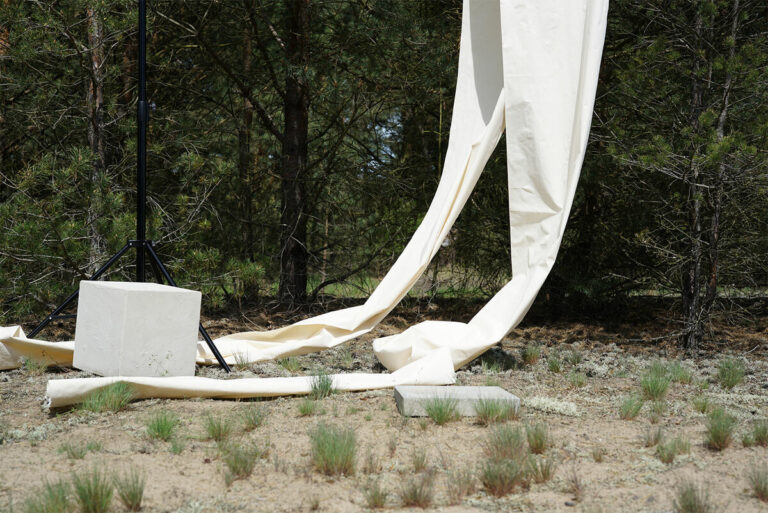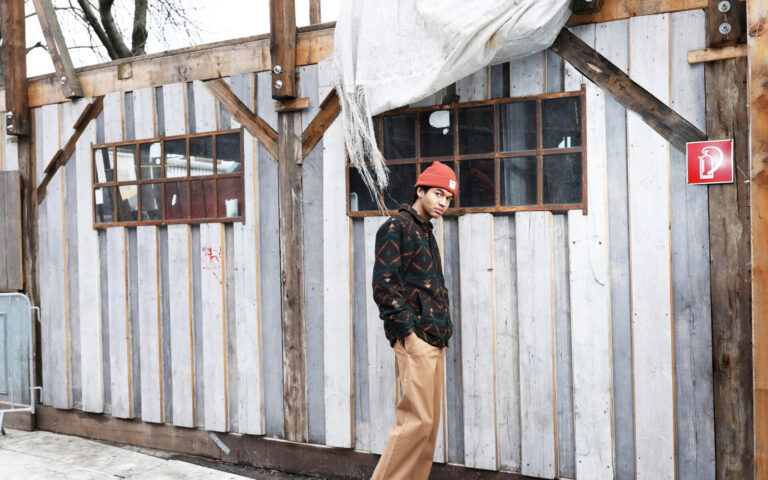Slow Fashion: A Sustainable and Joyful Choice
In a world where fast fashion dominates, slow fashion is a breath of fresh air. It’s more than just a trend—it’s a movement towards sustainability, ethical choices, and mindful consumption. Embracing slow fashion has a profound impact on the environment, society, and even our personal well-being. Let’s explore why it’s worth making the switch and how you can take small but meaningful steps to incorporate slow fashion into your life.
A Win for the Planet
Fast fashion is one of the biggest polluters on the planet. The production of cheap, disposable clothing consumes vast amounts of water, contributes to deforestation, and releases toxic chemicals into our ecosystems. By choosing slow fashion, we reduce waste, conserve resources, and lower our carbon footprint. High-quality garments last longer, meaning fewer clothes end up in landfills. Thrifting, upcycling, and supporting ethical brands help create a more sustainable world.
Empowering People & Fair Wages
Behind every piece of clothing is a human being. Many fast fashion brands exploit workers in unsafe conditions, paying them unfair wages while expecting long hours of labor. Slow fashion, on the other hand, prioritizes ethical production. When we choose fair trade brands or buy from local artisans, we support better working conditions and ensure that people are paid fairly for their craft. It’s a simple yet powerful way to make a difference in the lives of others.
Boosting Personal Well-Being
Have you ever felt overwhelmed by a cluttered wardrobe full of impulse buys? Slow fashion promotes a more mindful relationship with our clothes. Investing in fewer, high-quality pieces that truly reflect our style not only reduces decision fatigue but also increases satisfaction with what we own. There’s something incredibly rewarding about cherishing well-made garments and knowing their origin. Plus, creativity flourishes when we mix and match pieces or upcycle old favorites.
The Power of Information
One of the key elements of slow fashion is being informed. Knowing where and how your clothes are made empowers you to make conscious decisions. But in an age of greenwashing, where brands falsely claim sustainability, it’s important to develop information literacy. Reading labels, researching ethical certifications, and following transparency reports are great ways to ensure we support truly responsible brands.
How to Get Started? Small Steps, Big Impact!
Making the transition to slow fashion doesn’t mean throwing out your entire wardrobe overnight. Here are some fun and easy ways to start:
- Shop your own closet: Get creative with new combinations instead of always buying new.
- Thrift & swap: Visit second-hand stores or organize a clothing swap with friends.
- Support ethical brands: Look for companies that prioritize sustainability and fair wages.
- Learn basic sewing skills: Repairing and altering clothes extends their life and adds a personal touch.
- Embrace minimalism: Invest in timeless pieces that you truly love and will wear often.
Slow fashion isn’t about perfection—it’s about making more thoughtful choices. Every small action adds up, and together, we can create a more sustainable and ethical fashion industry. So why not start today? Your wardrobe (and the planet) will thank you!
Do you wanna improve your knowledge and start your journey towards a slow fashionist lifestyle. Then also feel free to test our free interactive online course slow fashion. See courses.
Photo by Milan Popovic Unsplash
Edited with ChatGPT







